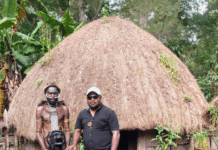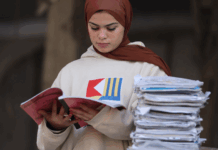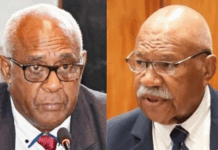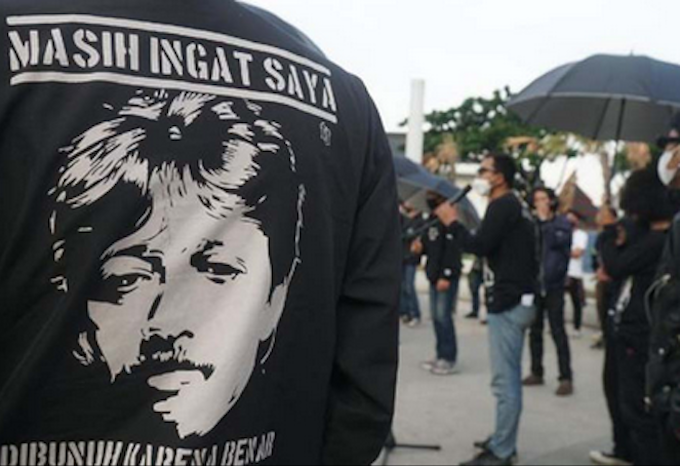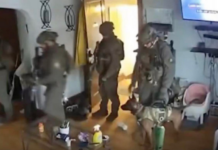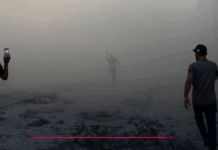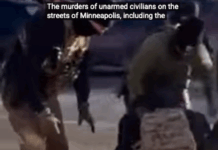Indonesia’s Setara Institute for Peace and Democracy says that the presidential decree (Keppres) on the formation of a team for the non-judicial resolution of past gross human rights violations — signed recently by President Joko “Jokowi” Widodo — will reinforce impunity and absolve perpetrators of past human rights violations.
According to Setara Institute chairperson Hendardi, the Keppres shows that Widodo is unable to or unwilling to resolve past human rights cases, reports CNN Indonesia.
“The Setara Institute views the formation of the ‘PAHAM Team’ as just a project to reinforce impunity and to whitewash past human rights violations which have not yet been fully resolved by the state”, said Hendardi.
Based on the draft Keppres which is circulating, Hendardi said that the membership of a team formed by Widodo is made up of people who are considered problematic in terms of past human rights violations.
According to Hendardi, instead of dealing with cases of human rights violations in accordance with the mandate of Law Number 26/2000 on Human Rights Courts, Widodo has instead closed the door firmly on public demands and the hopes of victims for truth and justice.
He also said that the formation of the team would impact upon the search for truth and fulfilling the rights of the victims and the public because a judicial resolution becomes optional.
“Because the non-judicial option has been decided on, Jokowi is actually negating the mandate of Law Number 26/2000 which states that the resolution of human rights violations which occurred before 2000 can be tried through an ad hoc human rights court”, said Hendardi.
Hendardi believes that this non-judicial mechanism is a form of mass amnesty and the state washing its hands of the issue.
The “PAHAM Team” is just a committee formed by Widodo to give the appearance of sympathy with the victims while the aim is to silence their demands and aspirations, according to Hendardi.
“Yet under international human rights law and the concept of transitional justice it is not just the right reparation that must be fulfilled, but also the right to truth, the right to justice and guarantees of non-repetition,” he said.
As has been reported, when giving his State of the Nation address on August 16 at the People’s Consultative Assembly (MPR) in Jakarta, President Widodo said he had signed a Keppres on the formation of a team for the non-judicial resolution of past gross human rights violations.
Widodo also said that a Draft Law on Truth and Reconsolidation (RUU KKR) was in the process of being deliberated.
Non-judicial mechanisms have long been criticised by civil society groups because they can be used as an alibi by the government not to pursue cases of gross human rights violations through judicial means.
Currently there are 12 cases of human rights violations being handled by the National Human Rights Commission (Komnas HAM).
They include:
- The 1965 mass killings;
- The May 1998 riots in Jakarta;
- The 1997-98 Trisakti, Semanggi I and Semanggi II student shootings;
- The assassination of renowned human rights defender Munir Said Thalib, co-founder of the Commission for the Disappeared and Victims of Violence (KontraS);
- and the 2014 Paniai shootings in Papua.
Translated by James Balowski for Indoleft News and republished with permission. The original title of the article was Jokowi Dinilai Putihkan Pelanggar HAM Berat Lewat Keppres Terbaru.




